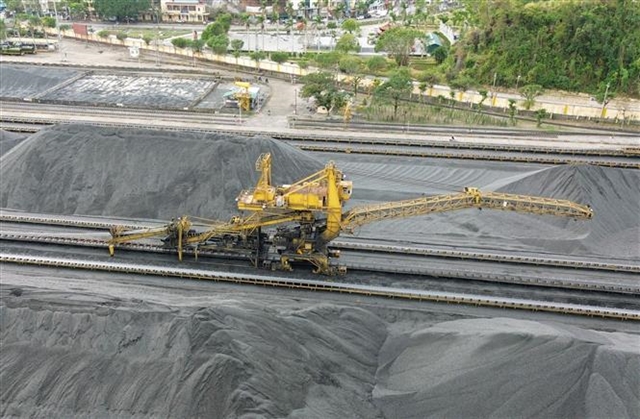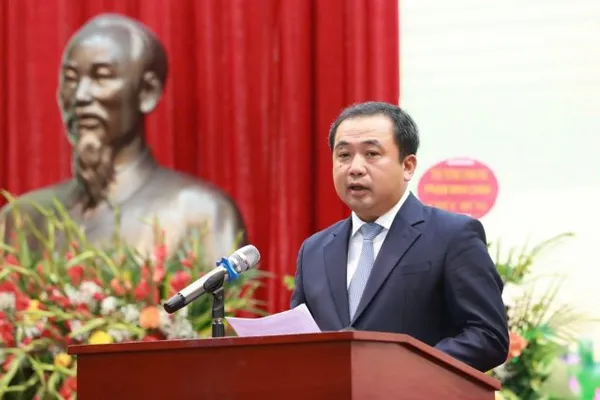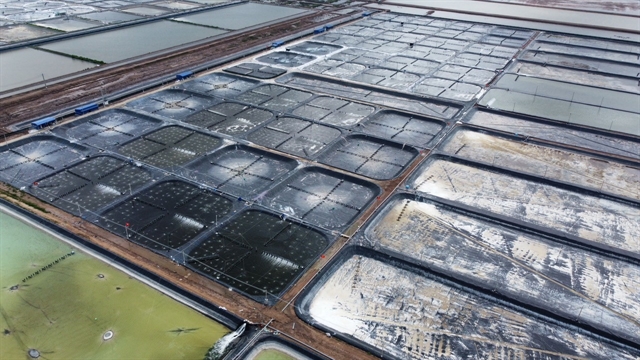 Economy
Economy

 |
| High-quality coal is stocked at a port before being shipped. —VNA/VNS Photo |
HÀ NỘI — The Vietnam Chamber of Commerce and Industry (VCCI) recently raised concerns regarding the Value Added Tax (VAT) framework concerning mineral resources and exports.
As the Ministry of Finance seeks opinions to refine the draft decree implementing specific provisions of the VAT Law, the business community is calling for critical revisions to enhance competitiveness and reduce operational costs.
Currently, the VAT regulations do not differentiate between unprocessed and processed mineral resources.
This approach fails to acknowledge the economic realities of different products, thereby increasing the tax burden on businesses.
Companies are required to account for the full VAT input as a business expense, potentially diminishing the international competitiveness of Vietnamese exports.
VCCI highlights that the existing classification system, which uses Harmonised System (HS) codes, inadequately groups all products under a single code, ignoring the distinctions between raw and processed materials.
Many businesses propose that the drafting authorities include certain principles that should not apply to other products or industrial products certified by competent authorities.
In cases where products are exempt from export tax, meaning they do not fall under restricted or non-encouraged export categories, these products should also benefit from the standard VAT policy.
Businesses argue that the taxation of export-related services is not adequately addressed.
Services related to sourcing goods for export, which are inherently cross-border, face potential double taxation under the current framework. This could inflate costs for foreign investors and diminish Việt Nam’s attractiveness as a trade partner.
Additionally, the draft regulations concerning VAT rates for goods exported to duty-free zones lack clarity.
Numerous businesses contend that ambiguous language creates risks and compliance challenges.
A clearer definition of goods directly serving export production is essential, and requiring documentation such as contracts and customs declarations could streamline compliance and reduce misunderstandings. — BIZHUB/VNS




